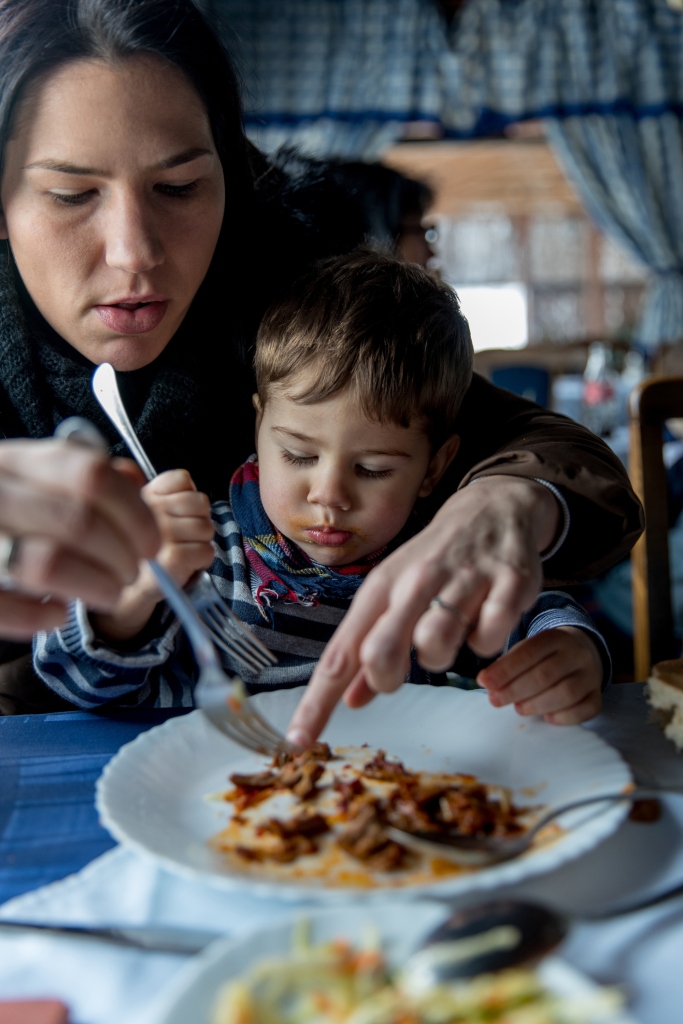Forced to move: Eviction, household health and hardships in families with very young children

Infant and toddler health and development is affected by housing instability – specifically when families experience eviction. In a new study that focused on a large, geographically, and racially/ethnically diverse sample of families with young children, researchers examined how history of formal and informal evictions affect child and parent health and family economic hardship. The “Eviction and Household Health and Hardships in Families with Very Young Children,” study is available in the October 2022 Pediatrics.
“Most data on evictions relies on court filings to know how many families have been evicted,” explains Dr. Diana Cutts, Chair of Pediatrics at Hennepin Healthcare in Minneapolis and the lead author of the study. “However, evictions don’t always go through the courts and we wanted to capture both formal and informal evictions to understand how that affected child and adult health. We interviewed families in emergency departments and primary care clinics.”
Nearly 2 million US households are evicted or involuntarily displaced annually, and those with children are at an increased risk for eviction – a risk that increases with each additional child.
“You can just imagine how disrupting these evictions can be for families – especially abrupt, informal evictions when there’s a sudden displacement that is catastrophic for families, leading them to accept whatever housing is available at the time, regardless of location or quality,” said Dr. Cutts. The families in this study are not nationally representative but rather a sentinel sample, primarily composed of families with low incomes accessing urban hospitals with a high proportion of both caregivers of color and immigrant caregivers, compared to national statistics.
Using cross-sectional surveys of 26,441 caregivers with a young child less than 48-month-old from 2011-2019 in emergency departments (ED) and primary care clinics, Dr. Cutts and her team investigated relationships between 5-year history of formal (court-involved) and informal (not court-involved) evictions with caregiver and child health, history of hospitalizations, hospital admission from the ED on the day of the interview, and housing-related and other material hardships.
Compared to no evictions, evictions were associated with 1.43 greater odds of the child to have fair to poor health, 1.55 greater odds of the child to have developmental risk, and 1.24-times greater odds for the child to have hospital admission from the ED, as well as adverse caregiver and hardship outcomes.
While eviction’s causes and consequences may be complex and varied, the study’s findings suggest reducing evictions, both formal and informal, may address health disparities and help young families meet their basic needs. Policymakers, community organizations, and health professionals have important roles in designing evidence-based policy solutions to reduce evictions and improve opportunities for families to meet their basic needs. This study’s findings provide evidence to support investment in rental assistance and affordable housing production, eviction prevention policies, income-focused benefits, and social determinants of health screening and community connections in health care settings. Such multifaceted efforts may decrease formal and informal eviction incidence and mitigate potential harmful associations for very young children and their families.

